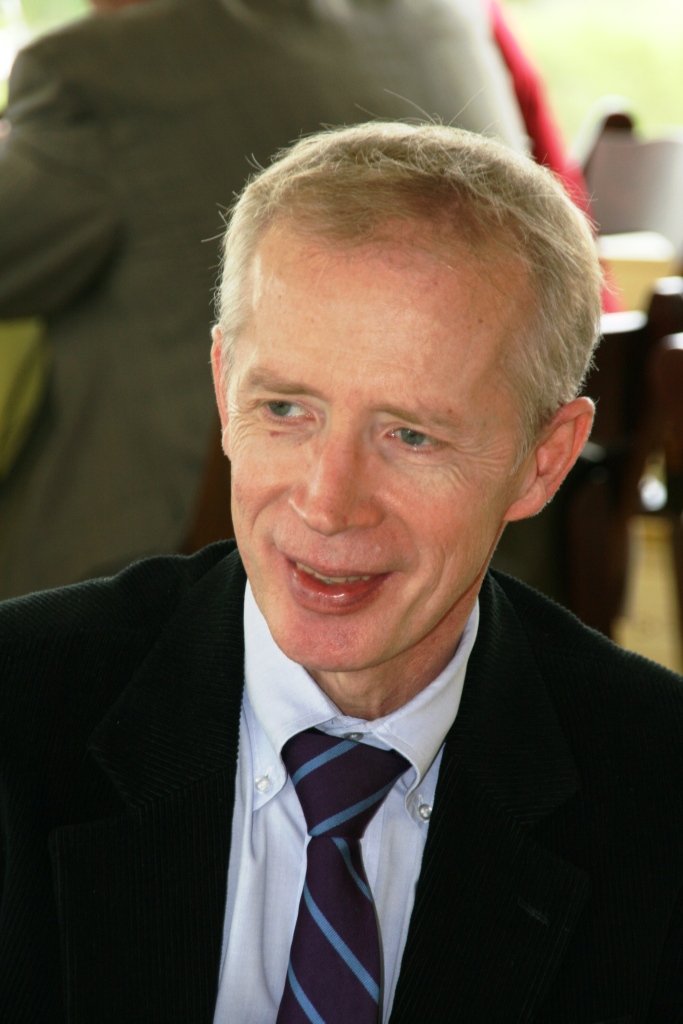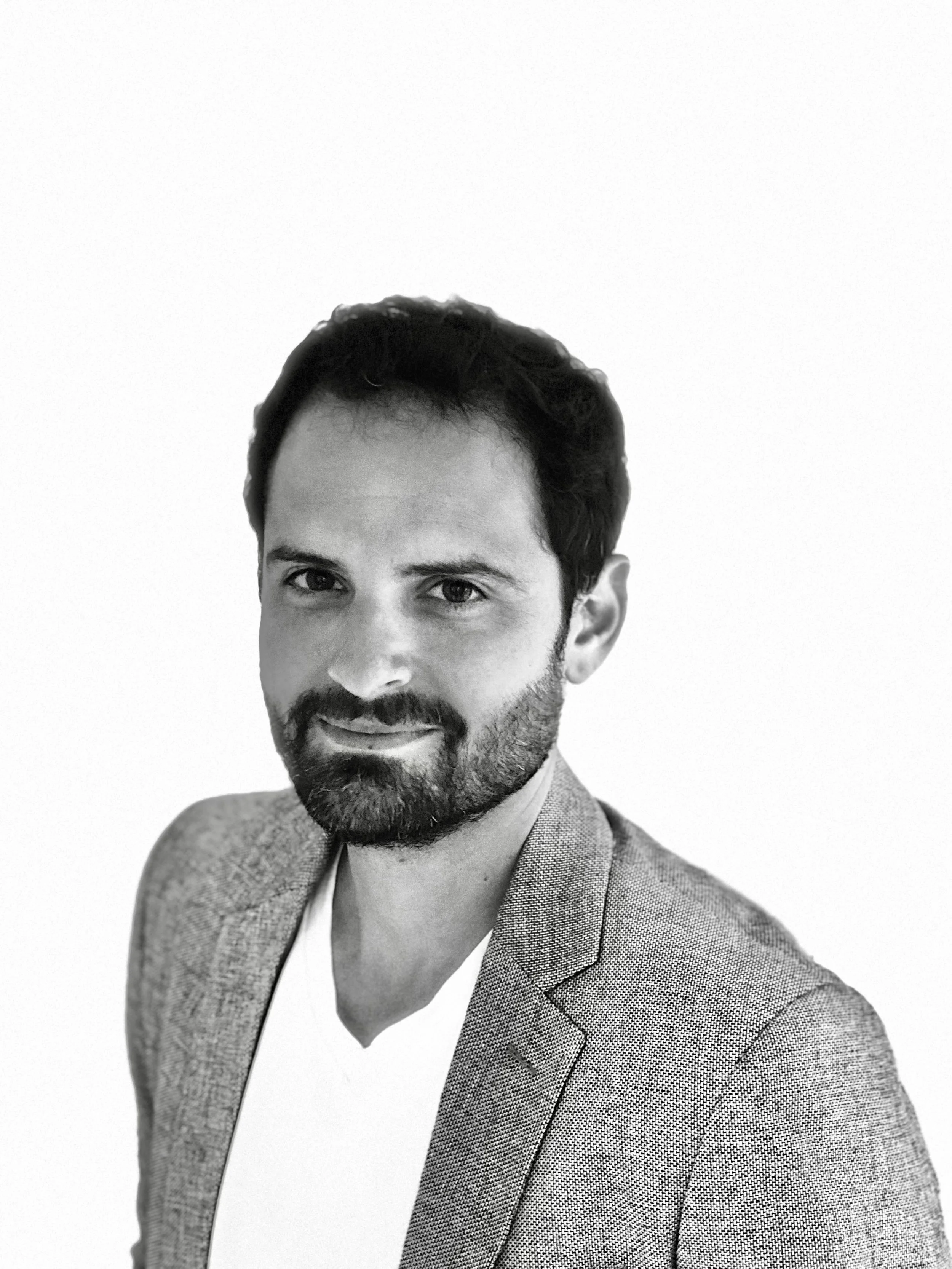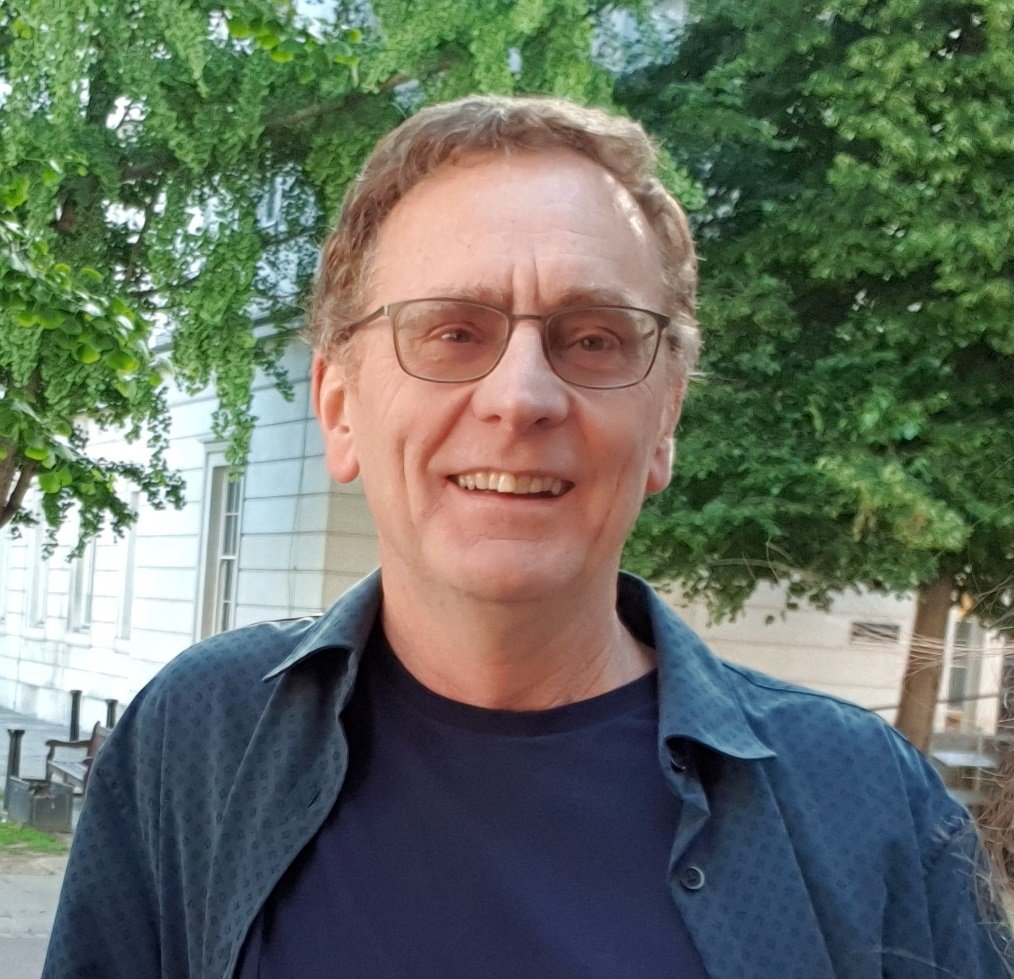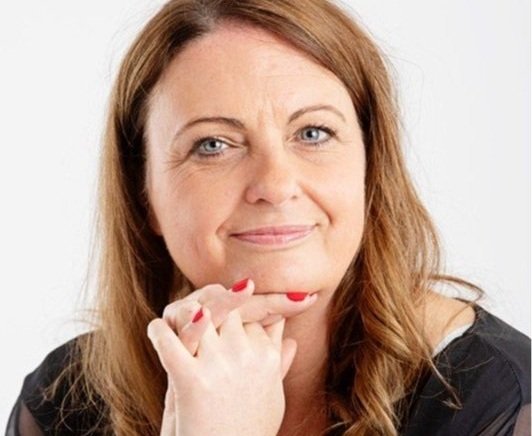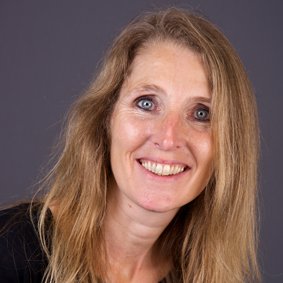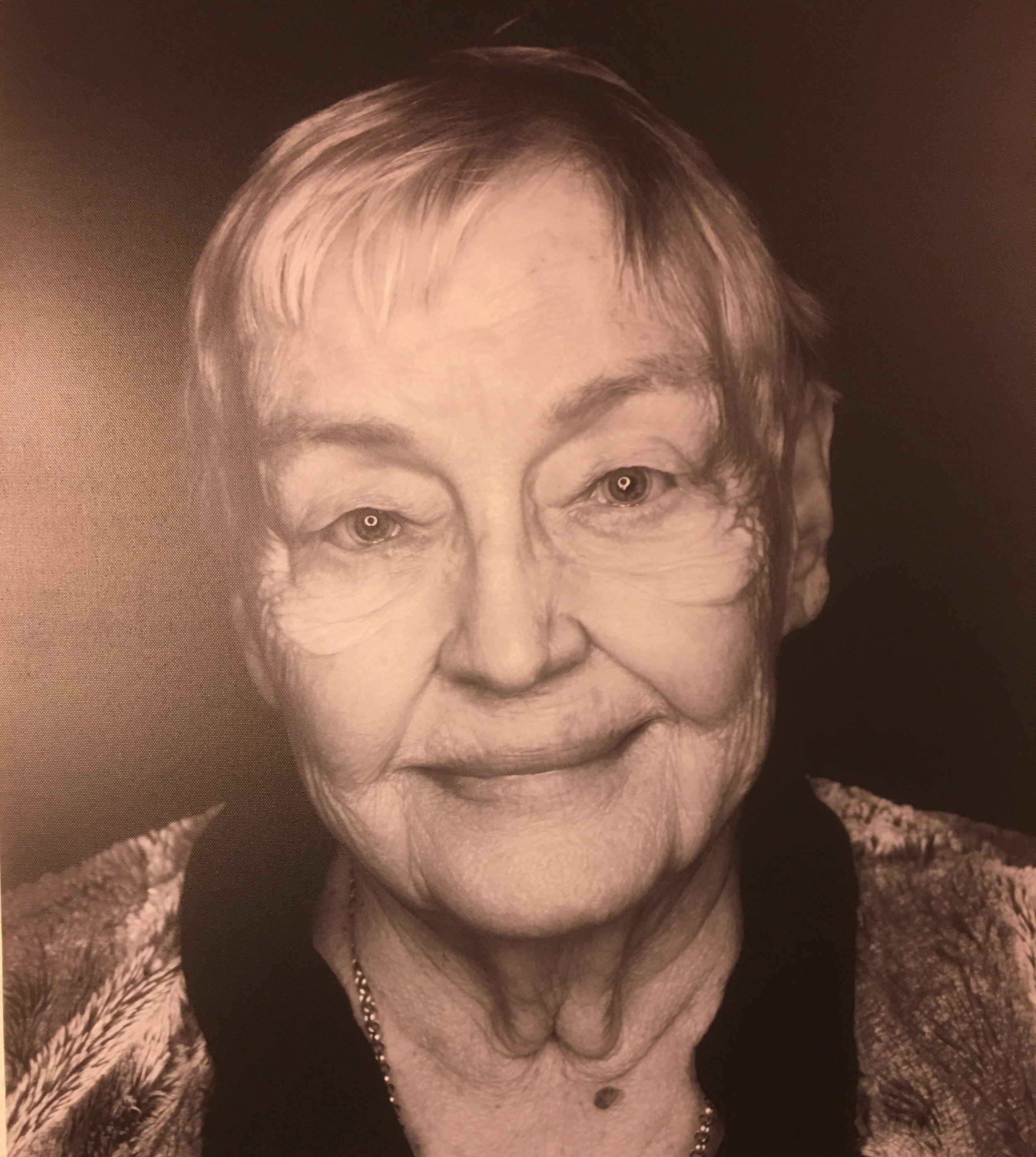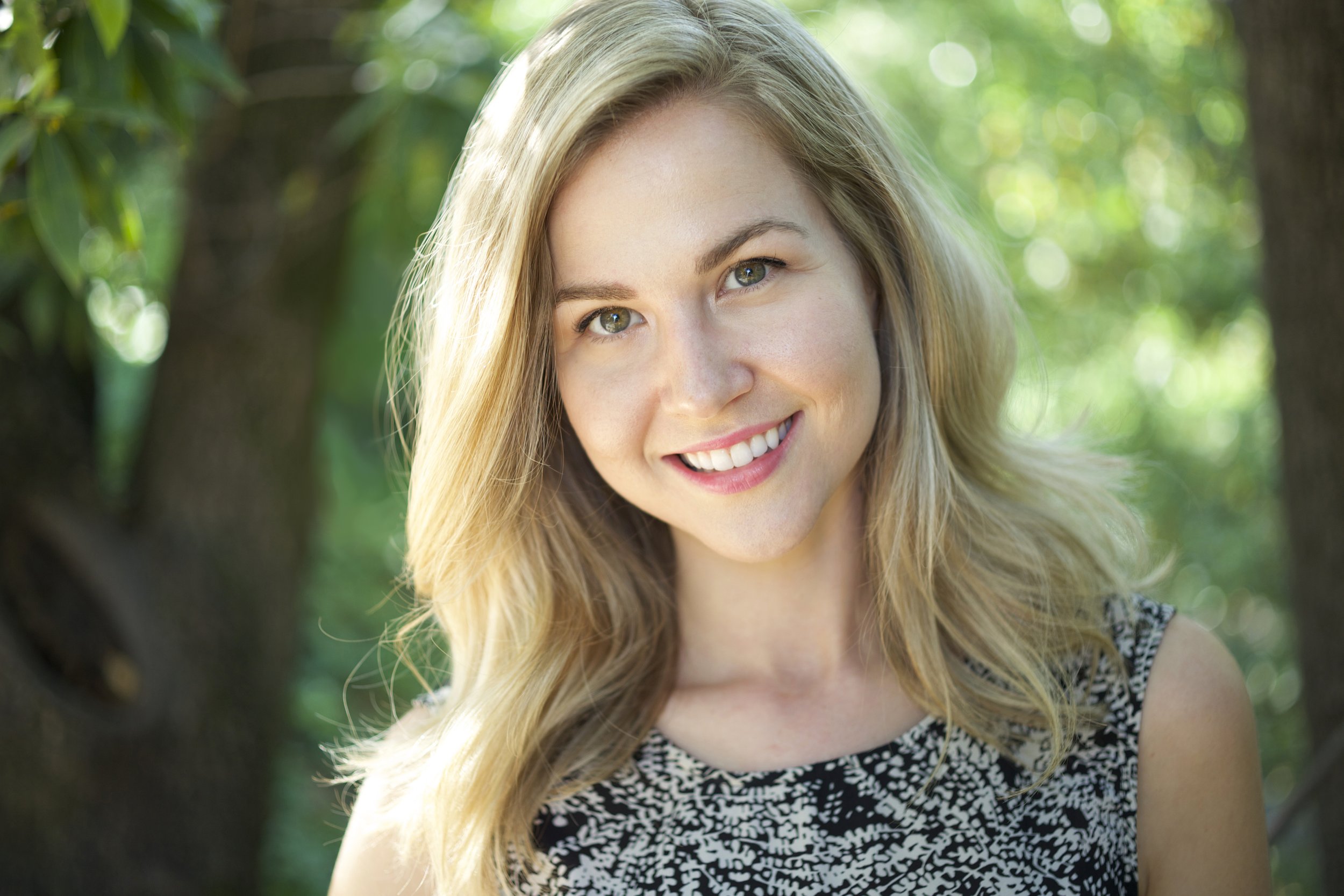How can a single dad be the best dad he can be? An interview with Dads House founder Billy McGranaghan
Family breakdown can have a severe impact on men’s mental health, even leading to suicide in many cases. For men who were already close to the breadline, the impact of family breakdown can push them into poverty. One aspect of family breakdown that is sometimes overlooked is how separated fathers can end up homeless. This might mean ‘sofa surfing’ with friends, in temporary accommodation, or living rough on the streets. Not having legal access to one’s children is one of the most stressful things a separated dad can face, and poverty of course impacts their ability to access the legal support to help them with this, especially as fathers are far less likely than mothers to have access to free legal aid.
There are very few places these men can turn to in London, unless they are lucky enough to know about a charity called Dads House. Dads House is a small charity with a big heart based in South West central London, founded in 2008 by a Scotsman with seemingly unlimited patience, energy and perseverance, William McGranaghan (Billy to his friends). Despite having won various awards over the years, Dads House doesn’t have a high profile, but for some time I have heard of Dads House being talked about with a lot of respect. I caught up with Billy at Dads House to find out more.
John Barry (JB): So Billy, how did it start?
Billy McGranaghan (BMcG): It’s been a long road. It’s been one hell of a road. I’m a single dad, but the road began after a friend ended up homeless after a family breakdown… there was nothing for single dads.
“…dads wanted […] two basic things: a job and access to their kids. Everything else is a bonus after that.”
So I said ok well then I’m going to set up a charity, a day centre with sheltered accommodation to prevent dads from being homeless. That was hard, the hardest thing I’ve ever had to do in my life. What I knew than you could write on the back of a stamp. So that's still my goal to this day, to open a day centre with accommodation. Unfortunately I haven't got there yet but have come a long way since then. We've learned a lot and met some brilliant people - met some horrible people - and some fascinating people.
“So I rehoused maybe just under 800 dads over a two year period. Well, that got really too much for me because there wasn't any funding. We got turned down for funding every time”
So back then we didn’t have an office, we didn't have anything in the bank. We struggled. I met every dad's organisation you could ever name [but didn’t find support]. The local government at that time were funding charities for dads aged 16-24, but these projects were for six months or 12 months, so when they ended there was still nothing really available for dads. So I was still going along that road sticking to what I think dads wanted, and it's two basic things: a job and access to their kids. Everything else is a bonus after that. I set up breakfast clubs, I set up football and had a partnership with a housing association where I could have set up a dad with accommodation in two minutes.
So I rehoused maybe just under 800 dads over a two year period. Well, that got really too much for me because there wasn't any funding. We got turned down for funding every time because single dads have got such a bad reputation - men have a bad reputation. That’s changing now but then no one really cared about men’s groups, so I funded himself, I funded through friends - as soon as my number showed on their phone some picked up and some didn’t. It’s been heartbreaking, and it’s been soul destroying. It’s how I picked myself up, to keep going, because it was a lonely road. Because no one cared about Dads House, but I always knew that Dads House had something, that there was something special about what we were doing. So I met a lot of people - over 10,000 dads in 15 years - and many who had really good intentions, but because they were going through family breakdown that consumed their whole identity. Dads House never wanted to get into family law - I've always kept away from that - but then started drug and alcohol testing.
JB: how did you start doing drug and alcohol testing?
BMcG: We started testing nearly eight years ago. It started off completely accidentally, like everything else in my life, accidental. During our buddy service dimension where dads show up and have a coffee and a chat it was one guy and says he’s got to do this test. I said ‘what's that?’ and he said he's been accused of taking cocaine even though he hadn’t done anything like that for ages. So I called up the testing place, and they had heard of Dads House, so they trained me [in administering the test] at their centre in Wales, for three days.
Picture: The legal clinic at Dads House in full swing, with (clockwise from lower left) a client’s father, a client, lawyer Veryan Excelby, law students Ziendra Holland and Katie Henderson, and John Barry (observing the clinic).
JB: What other services are on offer at Dads House?
BMcG: With the buddying [Buddy Service], men know that they're not alone, they have a shoulder cry on, don’t have to hold onto emotions, it’s safe to be angry, they can take a walk or kick a football – the football is an important release mechanism. We've got a great partnership with Solidarity Sports who help underprivileged kids.
When I first launched the food bank, no dads turned up, it was just mums. Hence, I had started a community food bank. I had never thought about mums, because it was all dads, but it was one of the best things I have ever done with Dads House. We are a single dads charity, but family is so important, you know. So a lot of those dads who have left their missus and don’t pay child maintenance… they actually don’t care. A lot of these mums come here with their kids. I think we have a responsibility you know, I really do. The food bank is important because I help so many people. [The food bank exists through donations from partnerships with Waitrose, Tescos, Co-op, with four or five deliveries per week. People on benefits pay a pound to Dads House, refugees (in this part of London, mostly from Iran and Afghanistan) don’t pay.]
“A lot of other students never get to see that side… [At Dads House] they see a different side of a man who is accused. Dads House is very special because people care.”
I don't want another space you know this for me is perfect. We have been here just over two years. We had one in South London - Elephant & Castle - and I was just closing that when the pandemic struck, so we opened it back up, so we then had two spaces going, helping maybe 1000-12000 families per week with the food bank. That was incredible. As long as I live I'll never forget it. The volunteers that we had were really incredible.
JB: It sounds like you have a talent for managing things.
BMcG: I’m good with people. Maybe I’m too honest, I don’t have a filter. I’m never rude to anyone, but if I’ve got something to say I will say it. We are all different here. There’s no hierarchy. Everyone brings something special. For example, to see the law student grow… the team that we have has been magic to Dads House. I’m just so fortunate that they see, and they feel, Dads House. The connection that everyone has with Dads House is something they will never forget as long as they live. They might be at the start of their career, but they are not based in a university, they are sitting right here taking part in someone’s life. They are listening, talking, learning… and when students [legal clinic volunteers] see a mum or a dad… a lot of other students never get to see that side, that raw anger, bereavement – living bereavement… They see allegations of sexual abuse, serious assault... They see a different side of a man who is accused. Dads House is very special because people care. We have been to two courts of appeals, and nominated three times for law awards. That’s not me – that’s the team. They work pro bono – free – and it’s not just the law clinic on Wednesdays and Fridays, some of them never stop. They work after-hours and at the weekend. Simon Bruce [lawyer] never stops.
“People depart a man in trouble, and it's something that I've seen time and time again for years. And soon as a man's got someone to talk to, John, he will pour his heart out.”
JB: You do have a nice menu - I guess you could say - of different things on offer. I want to ask about the your coaching. Is this life coaching or…?
Coaching is encouragement, it's about forgetting what happened to you yesterday, and how can we get the best out of you today. Men tend to feel sorry for ourselves. We dwell in misery, and it's really difficult for a man to pick himself up because when dads come to Dads House they are kind of at the end of the road, when their friends can't be bothered listening to a telephone call at two minutes past eleven. People depart a man in trouble, and it's something that I've seen time and time again for years. And soon as a man's got someone to talk to, John, he will pour his heart out. But I don't want anyone moaning at me, time and time again. There's a difference between pouring your heart out, and there's a time when someone's taking your energy and sucking the life right out of you. There's a difference.
JB: Are women better at supporting women than men are at supporting men?
BMcG: Women are better communicators, and are better at getting involved in different things, but the man’s world is changing – it’s getting better. And it’s got better in the last… maybe couple of years. I used to have volunteers who were single dads going through the family courts, but they were going through too much of their own things to help very much with Dads House. Elephant & Castle was the turning point for Dads House. The first time I met Simon [Bruce] was two years ago today. I want to have family law clinics for five nights a week. To have the calibre of brain power of legal representation – Simon, William Hogg, Veryan Excelby, Simon Miller, and all of the students. And to have that trust with Chambers...
Picture: Billy McGranaghan and lawyer Simon Bruce
JB: How did you meet Simon Bruce?
BMcG: I set up the family law clinic four years ago, but it didn’t work. But then Law Works introduced us. It was an instant connection and we got on like a house on fire. He’s the Jimmy Page of the family court world. He’s just a lovely guy who really cares. He never stops working. He’s a machine. The students love him – they learn so much. There’s a lot of empathy for men and women when they come to Dads House. I want Dads House to grow and improve, to get funding to do so. It costs a lot of money to run. It's very rare that [a family law client] comes in here once – they always return. We see so many from the first statement to final hearing, maybe an appeal or emergency order. I would love the local authority to take up the Dads House brand to set up in Manchester or Glasgow…
JB: Could Dads House be replicated?
BMcG: Yeah you could, but I wouldn't want an individual to do it. do it, I would want a local authority to do it, because they have the structure, they have the finance, they have the properties.
JB: I wanted to ask you if your experience of managing the popular Chelsea nightclub Crazy Larry’s has helped you managing Dads House.
BMcG: Yeah it was brilliant - people skills and getting on with people. I think that comes with liking people… you have to like people first, you know. I love meeting new people. I learn from new people all the time. I love listening.
[Regarding Dads House] I’m quite good at changing when something’s not working, I’m quite good at delegating so it’s not all on me. We have a good atmosphere here.
JB: It’s a brilliant atmosphere, very alive, very positive. What new projects have you got coming up?
We have started doing yoga, and we will soon be starting a guitar lessons evening. Some dads will bring their sons. Dads are more hands-on with raising their children these days. In fact younger dads are teaching older dads about it. The younger dads are taking more notice of their children, maybe for the first time. But Dads House projects take time. My first cooking night, nobody turned up for 5 weeks!
“Look after yourself. Take a step back, look after yourself mentally and physically, because your wellbeing is so important for your kids.”
JB: You are good at perseverance! Ok, Father's Day is coming up. In what way does Dads House have relevance to Fathers Day, if that’s not a silly question.
BMcG: On Father's Day lots of dads out there will be gutted because they are not with their kids. My phone is always open and even if I could help one dad on Father's Day… For some dads it's gonna be beautiful, but for other dads… they will be so, so sad. Some are going to be suicidal, they’re going to get drunk, feel sorry for themselves, they’re going to be heartbroken and they're going to be angry, emotional - all these different emotions. It happens to so many dads on that Sunday.
JB: What would you say to them about Fathers Day next year?
BMcG: Look after yourself. Take a step back, look after yourself mentally and physically, because your wellbeing is so important for your kids. Eat properly, take a step back, if you drink don’t overdo it too much. Don't take drugs, don't lose your job, try to keep on track.
Final thoughts
For single dads who find themselves homeless, chronically stressed, hungry, with no hope of finding a legal support, Dads House is an absolute godsend. Billy McGranaghan has been a master of creating something out of nothing, of persevering when things don’t work out, and learning from mistakes. He is also generous enough to suggest that others don’t have to go through the Himalayan learning curve that he had to, that the template he has created through tough years of trial and error can be adopted by others. It would be of significant benefit to single fathers and local communities if Billy McGranaghan got his wish for the Dads House brand to be rolled out by local authorities across the UK.
Biography
William McGranaghan became a single father to his one-year-old son when the mother moved abroad. Billy was thrown in the deep end, and had to take temporary and part time work to make enough time. He founded Dads House in 2008 to help other fathers get the help he never had himself.
Contact details for Dads House
Email: info@dadshouse.org.uk
Telephone: 07765 183504 and ask for Billy.
Address: Dads House, 22 Lillie Road, London SW6 1TS
Website: Dads House - Helping Dads...be Dads
Scroll down to join the discussion
Disclaimer: This article is for information purposes only and is not a substitute for therapy, legal advice, or other professional opinion. Never disregard such advice because of this article or anything else you have read from the Centre for Male Psychology. The views expressed here do not necessarily reflect those of, or are endorsed by, The Centre for Male Psychology, and we cannot be held responsible for these views. Read our full disclaimer here.
Like our articles?
Click here to subscribe to our FREE newsletter and be first
to hear about news, events, and publications.
Have you got something to say?
Check out our submissions page to find out how to write for us.
.




































